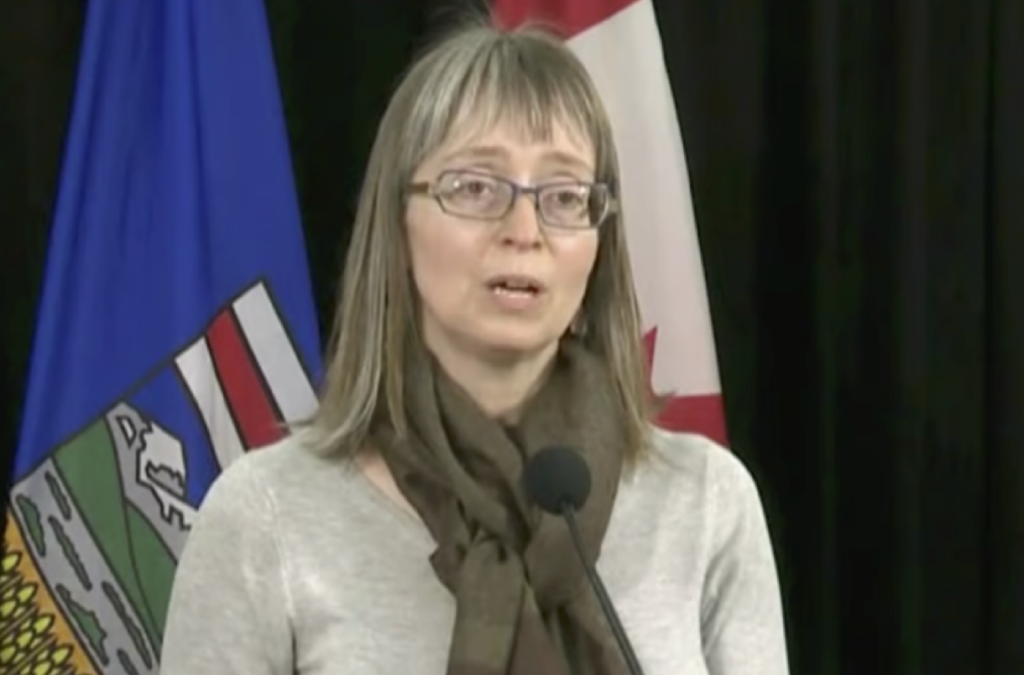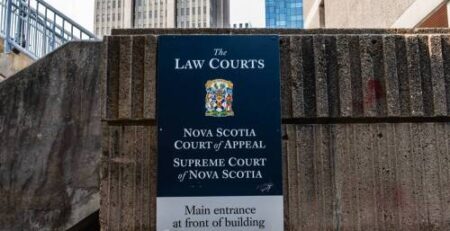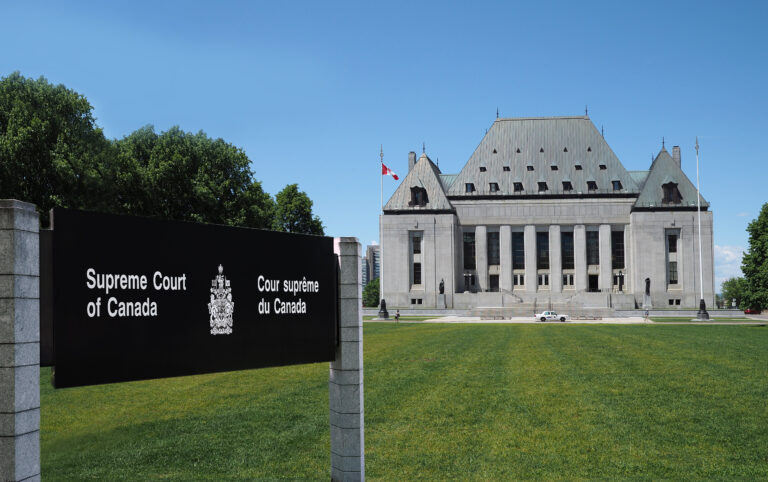Without major amendments to Alberta’s Public Health Act, Alberta’s Chief Medical Officer of Health (CMOH) is now in a position to exercise near-absolute power over the lives of millions of Albertans, for an indefinite period of time, if he or she determines that a public health emergency exists.
This dangerous situation has been exposed by the Alberta Court of King’s Bench ruling in Ingram v. Alberta (Chief Medical Officer of Health), 2020 ABQB 806 (CanLII).
Two aspects of the Ingram court ruling are particularly troubling.
First, the Court ruled in Ingram elected representatives should have no effective oversight over CMOH orders that vi olate the fundamental Charter freedoms of conscience, religion, expression, association and peaceful assembly.
The CMOH can also violate the Charter rights to privacy and bodily autonomy by imposing mandatory vaccination policies, turning Albertans into second- class citizens if they decide not to get injected with whatever the CMOH may wish them to get injected with.
Second, the Ingram ruling ignores the abundant evidence placed before the Court about the massive harms that lockdowns inflicted on citizens. Without considering the serious harms to the mental, physical, psychological, spiritual and financial well-being of vulnerable Albertans, Justice Barbara Romaine simply states her general impression that the health orders that violated Charter freedoms had salutary benefits that outweighed their deleterious effects.
This is an abject failure to apply Section 1 of the Charter, which requires judges to insist that governments justify any violation of Charter rights and freedoms “demonstrably” with persuasive evidence. Sadly, the Court in Ingram condoned the government’s utter failure to show that its violations of Charter rights and freedoms did more good than harm.
In short, the Court has interpreted the currently worded Public Health Act as providing virtually unlimited powers to an unelected and unaccountable CMOH to violate Charter rights and freedoms at will, without oversight by elected representatives.
Through Ingram, the Court has also sent a clear signal to the CMOH that she need not think much about the harm and suffering that her lockdowns and vaccine mandates might inflict on vulnerable people; no serious cost-benefit analysis will be required by the Court. This is reality in Alberta today, post- Ingram.
Alberta’s Public Health Act should also mandate a public inquiry upon conclusion of a public health emergency, to review the government’s emergency-related policies, regulations and health orders and to determine what harms and what benefits resulted.
The right of every individual to choose to receive or not receive medical treatments (including a vaccine or other injection) should be added to the Alberta Human Rights Act, by adding ‘medical status’ as a prohibited ground of discrimination.
To ensure respect for scientific debate and inquiry, legislation should require the College of Physicians and Surgeons of Alberta to honour the right of all doctors to research, write and speak freely. Doctors should not have to fear adverse consequences for expressing heterodox opinions about medical topics, or any other topics.
Further the Colleges must respect the doctor-patient relationship by neither compelling doctors to prescribe treatments nor prohibiting doctors from prescribing treatments.
Similar legislative changes are required for the College of Registered Nurses of Alberta and all other professional associations that regulate other health care professionals.
In light of the failure of courts in Alberta to uphold and protect our Charter rights and freedoms during a public health emergency, these changes to the Public Health Act and Alberta Human Rights Act are sadly necessary.
John Carpay – Western Standard









